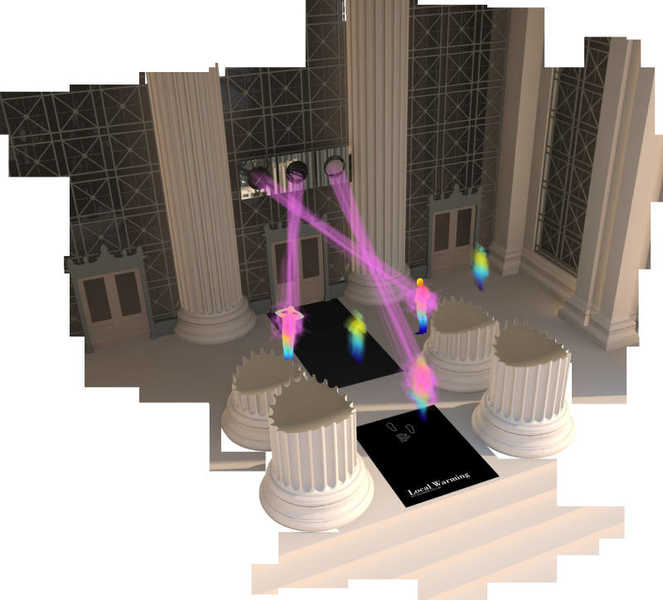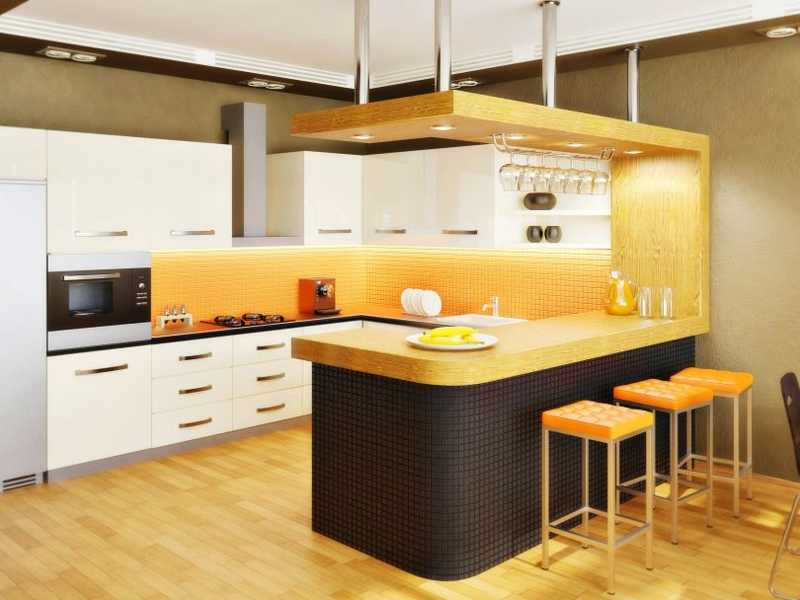Keep Your Home Cool This Summer
Keeping your home cool during summer can be a challenge when temperatures begin to rise—and unfortunately, so does your energy bill. The easiest way to keep your home cool this summer is not to let it heat up in the first place. Fans and proper home ventilation can help to keep the house cool without any air conditioning. Paint or clad the exterior of your house with a light color. Light color will reflect light, unlike dark colors which absorb up to 90% of the sun’s energy and create more heat inside your home. To prevent excess sunlight entering in your house, invest in some indoor plants. Following are some tips to keep your home cool this summer.
Tips to keep your home cool this summer
 |
 |
- Something you may not know about your air conditioner is that it runs far more efficiently when it is properly cleaned and maintained. Change the filter regularly. An air conditioning unit with dirty filters can use 5 to 10 percent more energy than necessary.
- Improve air circulation in your kitchen by changing lighting fixtures and fans with fixtures that provides a cooling breeze in your cooking area.
- Another option for keeping your home cooler is applying heat-reflective window film to windows that receive direct sunlight. Close the drapes during the hottest part of the day or during times when the sun shines through a particular window.
- Depending on the size and location of your home, simple ventilation is the least expensive option and uses less energy. Ceiling fans work in warmer and cooler climates to circulate either cooled air or heated air. Adjust ceiling fans to turn counter-clockwise in the summer, usually this means that the switch on the fan should be in the “down” position.
- Limit use of ranges and stoves, dishwashers, dryers, washing machines, and other heat-producing equipment during midday and early evening. Use them in the early morning or late evening when temperatures are cooler.
- Insulation in your attic will protect your home from excessive heat penetration in summer and cold penetration in winter.
- You could paint the bedroom and the living room in some soothing color such as white or mauve.
- Water the plants regularly both morning and evenings. To prevent excess sunlight entering in your house, invest in indoor plants.
- Energy audits are getting popular nowadays. A professional home auditor can show a homeowner exactly where a home is losing energy.
- As most people know, electronics use up energy even when turned off. Unplug your TV or radio when they aren’t in use to save wasted energy.







